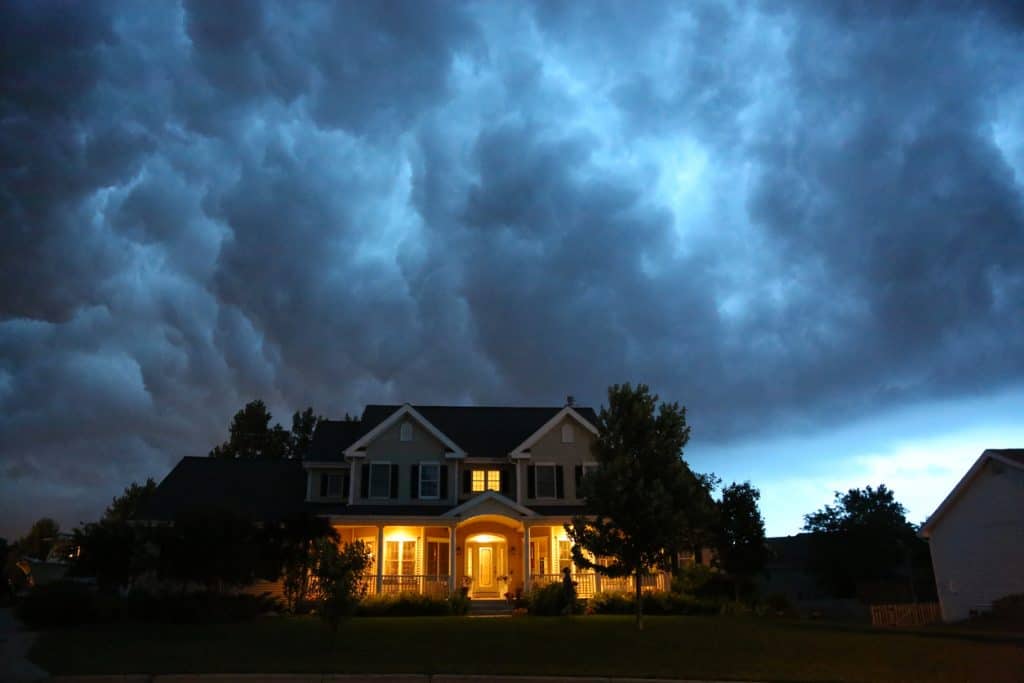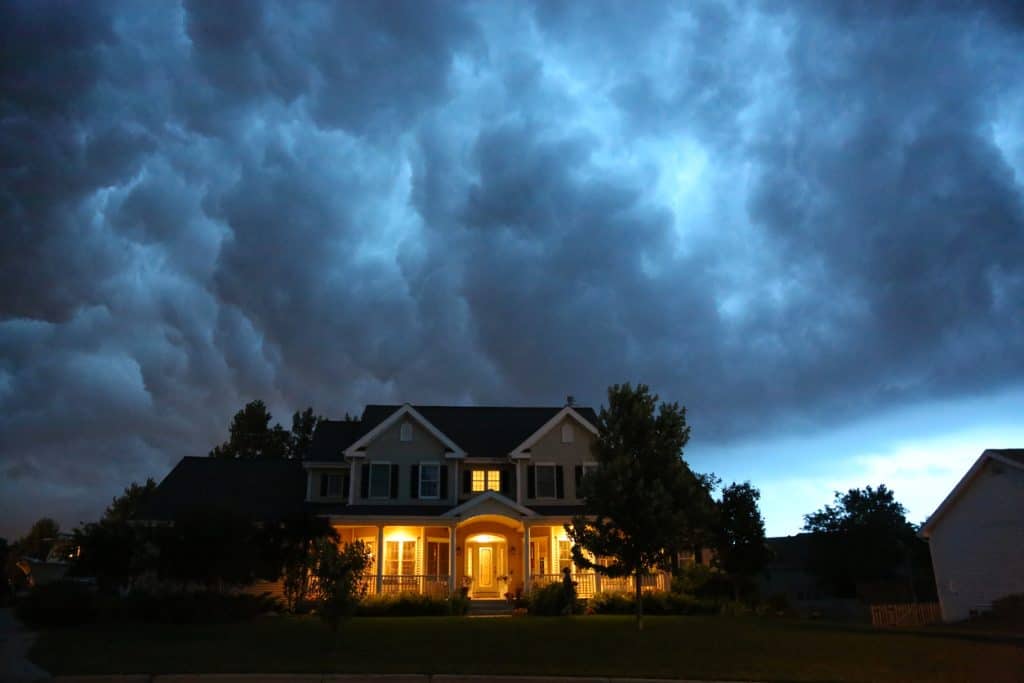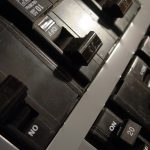
Wind, rain, and hail are likely to cause serious damage to your home and this includes your HVAC system. There are steps you can take to ensure that your HVAC system is protected when storms arrive. Here are ways to safeguard your system before bad weather hits.
Secure The Unit
Make sure that your HVAC system is properly secured to the building structure and tie down the condenser. You are not protecting your unit from being blown over necessarily, as that would require extremely strong winds, but from debris laying around. Gardening tools in the yard, children’s toys, and patio furniture are all things that if left out during a storm can be tossed around and could harm your HVAC unit. If you know a storm with high winds is coming make sure to put everything away in the garage or shed.
Cover It
Another way to protect your unit is to put a tight cover over it. This will prevent anything from getting into the condenser and flooding it as well as prevent damage to the coils and fins. You can use something simple like a tarp or invest in a screen protection such as hail guards. Hail guards are filter screens made from a heavy-duty fiber and can be installed to prevent hail damage. They are designed for high strength and durability. Power surges are also common during storms.
Breakers
Experts strongly advise turning off the breakers at both the thermostat and breaker box to prevent any damage to the HVAC unit. Install a surge protector for your unit in case you are not home to turn off the breakers. Consider using surge protectors all over your home as an added measure of protection. Either option will shut off the equipment if there is a spike in line voltage.
After a storm, look for these things to ensure your unit will be fine. First, go outside and assess if there is any outside damage to the unit like dings or dents. Switch the breakers back on and restart the unit slowly. Listen for any unusual noises in the equipment. If you are unsure or have any questions about your unit after a storm, contact your local HVAC contractor.












